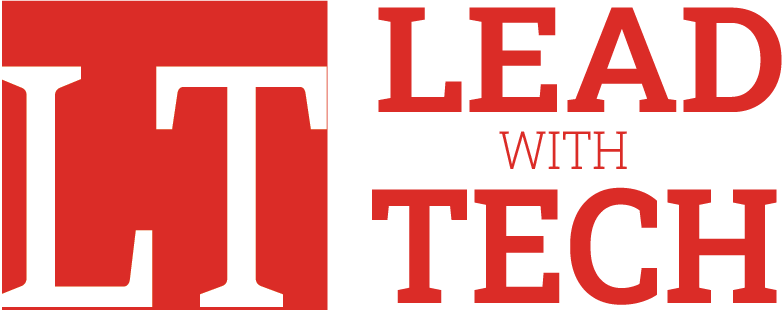Allow me to pose a question: What is the present emphasis and goal of the snooker player depicted in the image below?

Pocketing the striped ball numbered 11? Read on to understand how to aim for a career where you need not worry about getting a promotion.
Promotions – Workplace Validation
Who wouldn’t desire a promotion in their workplace? It serves as validation for the effort you’ve invested, motivates ongoing dedication, instills additional passion for work, and ultimately results in a pay raise. However, the question arises: how frequently can one attain a promotion? Annually? Biennially? Furthermore, how many times has your superior performance been overlooked for a promotion?
For an entire decade, I navigated my career without a single promotion. It wasn’t until I shifted in my mindset occurred that I secured three promotions in the subsequent five years. Allow me to explain how you can achieve the same.
If you seek a feasible, detailed career plan to become a Full stack developer as a fresher or lateral, email me at chai@leadwithtech.in to schedule a complimentary session on the subject.
My Interview for Microsoft Practice Head Role
I was scheduled a final interview round for the position of ‘Microsoft Practice Head‘ at a renowned organization seeking to enhance their Microsoft landscape. After the initial technical, managerial rounds, this final interview served as a formality for both me and the EVP to establish a mutual understanding.

After the initial greetings, a walkthrough of the role expectations, and a brief discussion, the EVP posed a concluding question:
“Imagine you join our team. What role would you target for your career growth?” My response was as follows:
To be open, everything I’ve undertaken, from transitioning between companies to the roles I’ve assumed, has been a deliberate effort to equip myself for the possibility of stepping into a CTO role. My sole focus is to ascend to the position of a Chief Technology Officer; there is nothing else on my radar.
Impressed by this, the EVP replied:
I know I am hiring the best here. Your reply brought back memories of my time in the U.S. Army. In the military, we learned to concentrate on the goal above our immediate ones rather than fixating solely on them. By aligning all actions and thoughts with the higher goal, the attainment of the immediate goal becomes more accessible and straightforward. Your responses resonated with this strategic mindset.
PS:I can’t vouch for the accuracy of this account within the U.S. Army, but it was the narrative the EVP shared on the matter.

Attention Towards Your Skip-Level Position
Now, contemplate applying this principle to your professional pursuits.
Rather than expending your efforts solely on attaining the next promotion, redirect your focus towards the higher role.
By concentrating on the responsibilities and skills required for the superior position, you’ll streamline your tasks for the next level and already have a plan in place.
Consequently, your boss may find no reason to withhold a promotion due to your work or achievements.
Suppose you currently hold the position of Senior Engineer. Rather than exclusively targeting the role of Tech Lead, set your sights on a promotion to Architect. By concentrating on the responsibilities and skills required for the Architect role, you’ll inherently address the requirements for becoming a Tech Lead, as your focus is on the position above it.
Regardless of your industry or current position, prioritizing this skip-level focus ensures greater success than solely striving for your next promotion level through hard work.
If you seek a feasible, detailed career plan to become an Enterprise Architect as a technical lead, email me at chai@leadwithtech.in to schedule a complimentary session on the subject.
Conclusion

Returning to the snooker analogy introduced earlier, the emphasis lies not on the immediate ball one wishes to pocket, but on positioning the cue ball strategically for easier future pockets. When the focus remains on pocketing the next ball, the current shot often becomes simpler.

